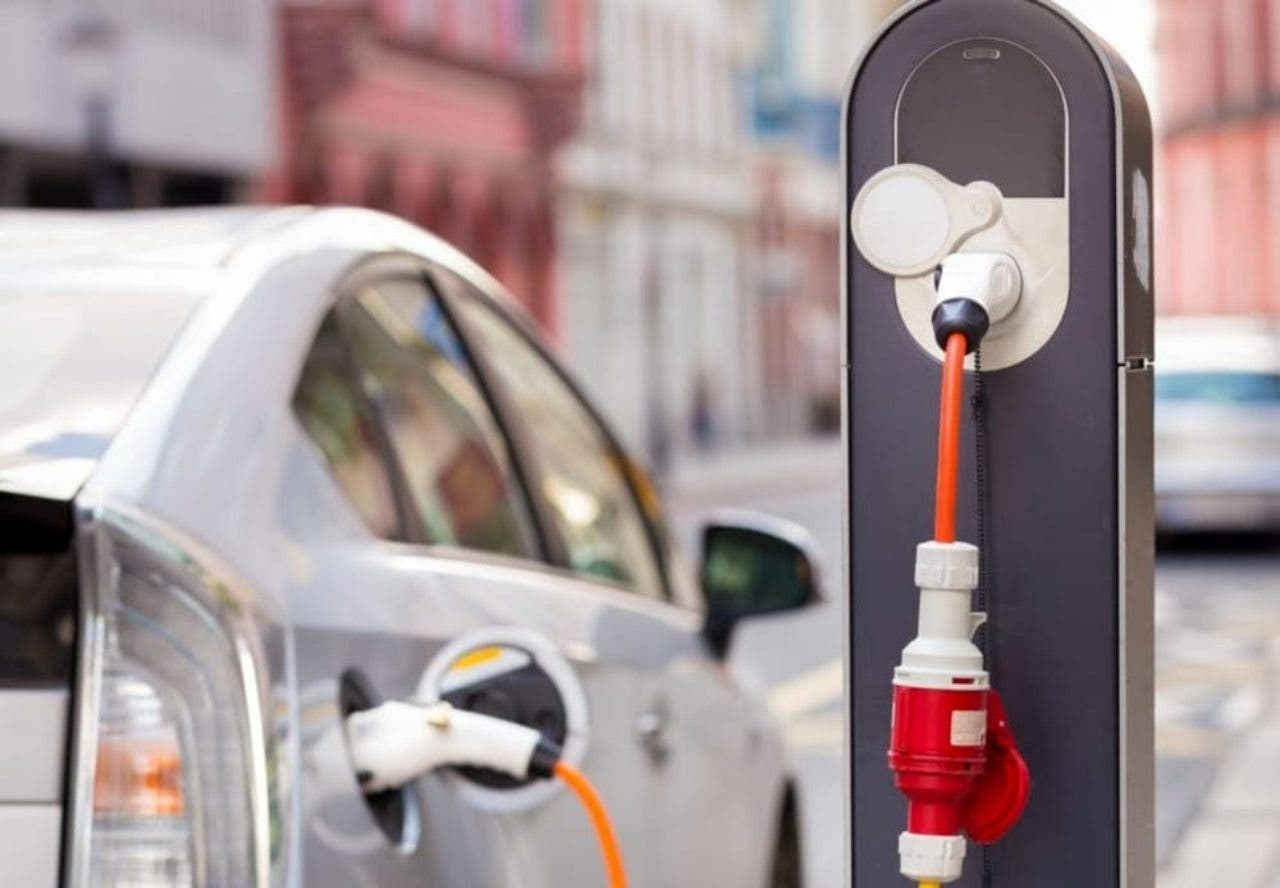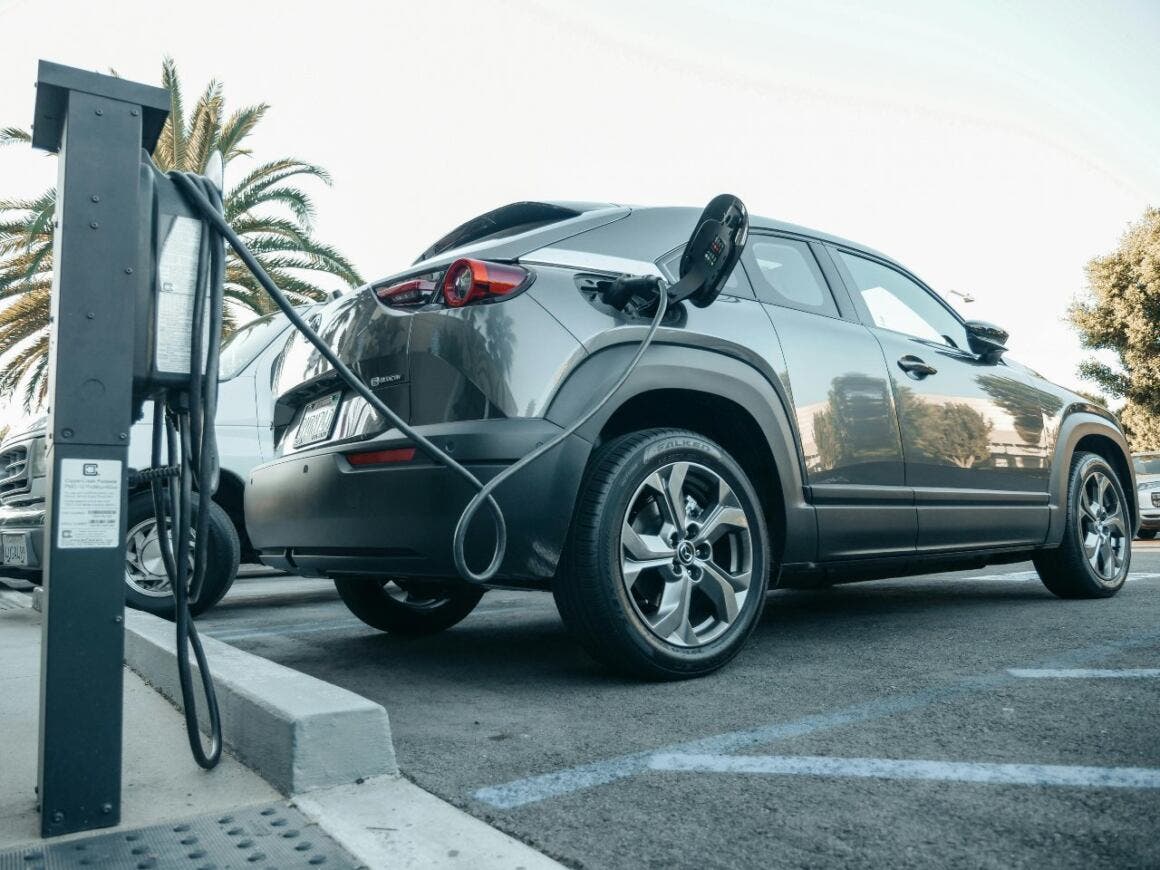The British government is reconsidering the requirement to sell only electric cars by 2030.
This decision comes after receiving a variety of criticism from the automotive industry, which has expressed concerns about meeting this target. In practice, the government is now asking automakers to comment on this deadline within eight weeks. In addition, consideration is being given to relaxing the electric car sales quotas that automakers must meet each year. These quotas were put into the market to incentivize the production and sale of electric vehicles, but companies think they are too ambitious.
The review currently covers only the United Kingdom
It is important to point out that this review currently only affects the United Kingdom. In fact, the European Union has already confirmed a ban on the sale of new gasoline and diesel cars starting in 2035. This event comes amid strong industry criticism of the government’s sales quotas for zero-emission vehicles, which were introduced by Conservative Prime Minister Rishi Sunak’s administration and include fines for manufacturers, just as in the EU. The minimum that has been required of manufacturers is that 22 percent of new cars and 10 percent of new vans sold by each manufacturer in 2024 be zero-emission. Secretary of Labor, Business and Trade Jonathan Reynolds, argues that things are not working: overly ambitious targets.
Although major price reductions have occurred, electric car manufacturers in the United Kingdom are still struggling to meet their sales targets. In the first eleven months of 2024, battery-powered vehicles accounted for only 18.7 percent of the total car market. According to experts, this sector will only be able to meet the requirements the government demands by using credits obtained from the sale of hybrid vehicles.

Tesla to the aid of European manufacturers
This situation is generating significant consequences. At the European level, many automakers are finding themselves obliged to buy “green” credits from Tesla, thereby increasing the wealth of the American giant. In the U.K., Stellantis has already confirmed the closure of a plant, blaming the decision squarely on electric car regulations, while Ford brand has laid off many workers due to slowing sales of electric vehicles
The automotive industry criticizes the government’s overly simple approach. According to those in the industry, the present idea is that increasing the production of electric vehicles does not automatically mean that consumers will buy them. In fact, customers value more freedom of choice and do not feel compelled to buy one type of vehicle over another. Therefore, imposing a transition to electric from above is not producing positive effects, according to insiders. So the situation that has arisen because of these governmental choices is quite complicated. There is also talk of a lot of contradiction, since either completely banning the use of thermal engines, including hybrids, or allowing their sale. So we will see how events unfold in the coming weeks in the UK, but not to be left out that it could affect the international car market.

